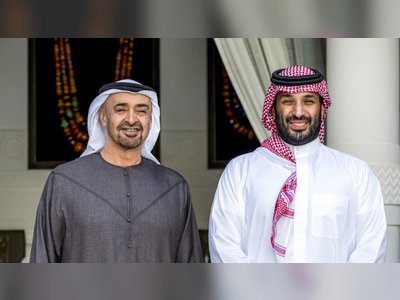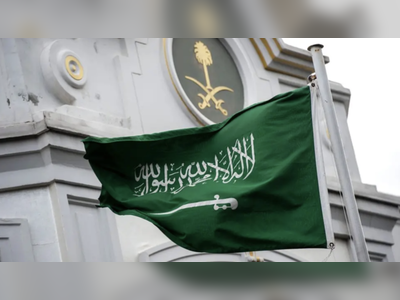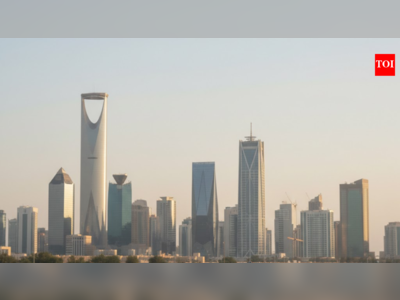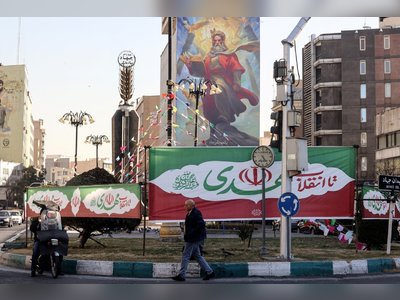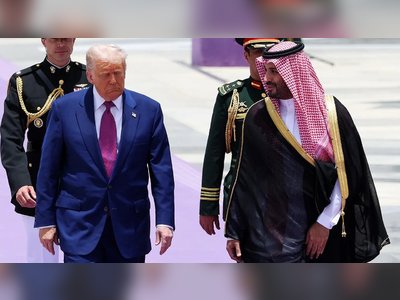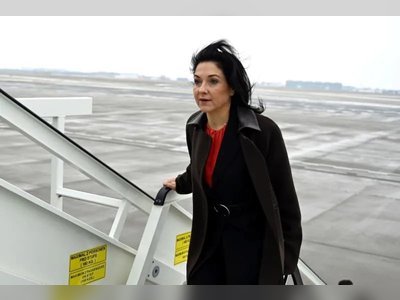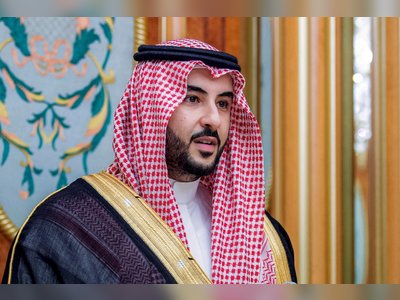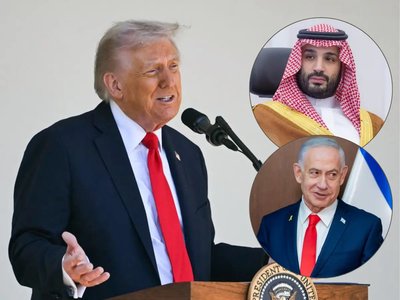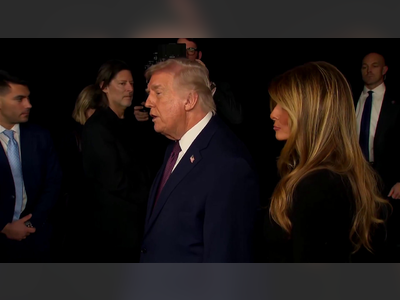Global Turmoil: Sudan's Humanitarian Crisis, Israeli Strikes in Gaza, and Rising Tensions in Europe and Beyond
Sudan and Gaza face severe humanitarian and conflict crises with millions affected, while Europe's political landscape is marked by rising controversies and debates on immigration and unity.
In Sudan, an intense power struggle between the Sudanese army and the Rapid Support Forces has developed into a severe humanitarian crisis, displacing over 11 million people and claiming tens of thousands of lives. With no resolution in sight, the conflict continues to unfold with alarming violence, echoing across the region.
Nearby, in Gaza, the situation is similarly dire as Israeli military strikes have ramped up, killing at least 22 Palestinians in the latest incursion into Beit Hanoun. Amidst claims of ethnic cleansing and diplomatic stalemates, efforts by Arab mediators and the U.S. strive to navigate this tense and volatile situation.
Shifting our focus to Europe, tensions are rising in Amsterdam where the Dutch parliament is debating anti-Semitic attacks that unfolded after a recent football match. This controversy, especially with far-right MP Geert Wilders' comments, highlights the growing need for unity and dialogue among diverse communities in the Netherlands.
Meanwhile, Italian President Sergio Mattarella has criticized Elon Musk for his remarks on Italy's judiciary decisions regarding an asylum-seekers processing plan. The Italian court ruling, which Musk found problematic, has sparked a debate over Italy's sovereignty and immigration policies, further intensifying the discourse on how migrants are managed in Europe.
Turning to Germany, Chancellor Olaf Scholz is set to seek a vote of confidence next month due to the collapse of his coalition government. This political shake-up preludes the early parliamentary elections scheduled for February 2025, where addressing economic struggles and migration issues will be critical points of discussion amongst key political contenders.
Across the Atlantic, President Biden is making pivotal moves to secure aid for Ukraine amid ongoing Russian aggression, as emphasized by Secretary of State Antony Blinken. This commitment to military support comes at a crucial time, with Ukraine under continuous attacks and geopolitical tensions heightened by North Korean involvement on Russia's side.
Nearby, in Gaza, the situation is similarly dire as Israeli military strikes have ramped up, killing at least 22 Palestinians in the latest incursion into Beit Hanoun. Amidst claims of ethnic cleansing and diplomatic stalemates, efforts by Arab mediators and the U.S. strive to navigate this tense and volatile situation.
Shifting our focus to Europe, tensions are rising in Amsterdam where the Dutch parliament is debating anti-Semitic attacks that unfolded after a recent football match. This controversy, especially with far-right MP Geert Wilders' comments, highlights the growing need for unity and dialogue among diverse communities in the Netherlands.
Meanwhile, Italian President Sergio Mattarella has criticized Elon Musk for his remarks on Italy's judiciary decisions regarding an asylum-seekers processing plan. The Italian court ruling, which Musk found problematic, has sparked a debate over Italy's sovereignty and immigration policies, further intensifying the discourse on how migrants are managed in Europe.
Turning to Germany, Chancellor Olaf Scholz is set to seek a vote of confidence next month due to the collapse of his coalition government. This political shake-up preludes the early parliamentary elections scheduled for February 2025, where addressing economic struggles and migration issues will be critical points of discussion amongst key political contenders.
Across the Atlantic, President Biden is making pivotal moves to secure aid for Ukraine amid ongoing Russian aggression, as emphasized by Secretary of State Antony Blinken. This commitment to military support comes at a crucial time, with Ukraine under continuous attacks and geopolitical tensions heightened by North Korean involvement on Russia's side.

